They have new star joining them. Chuck Berry is taking his rightful place beside them in music heaven. There would be no rock and roll without him. When he and Elvis suddenly appeared the 1950s, everything suddenly changed. When the second wave of rock and roll hit our shores in the 1960s, the Beatles and Rolling Stones covered his songs and brought Chuck Berry’s revolutionary new music with them.
The Beach Boys turned his ground-breaking “Sweet Little Sixteen" into one of their early major hits, "Surfin’ USA.'" When Bob Dylan made his first foray into rock with “Subterranean Homesick Blues,” he took Berry’s “Too Much Monkey Business” as the model for its straight-ahead incantatory vocal style and propulsive rhythm; the words Bob wrote took their cue from the way Chuck had begun to put words together ten years earlier. John Lennon said of the man many consider rock’s first poet, "He was singing good lyrics, and intelligent lyrics, in the '50s when other people were singing, 'Oh, baby, I love you so.”
Berry was in his late 20s and early 30s when he started writing the songs that defined rock and roll. He had grown up on a steady diet of blues, R&B, and the country music he heard on the radio. Along with Elvis, he was one of the first performers to break the color line that had traditionally separated black and white music. His music appealed to a teenage audience that loved the beat and recognized the stories his songs told.
In his own teens, he showed a rebellious streak that got him into trouble and he spent three years in reform school and later worked briefly as a hairdresser before he started playing with other musicians around St. Louis where he honed his craft. When he began performing, it was for primarily black audiences in St. Louis, where his parents had moved not long after he was born. He was an avid fan of the music of Louis Jordan, a master of the jump blues, a precursor of rock and roll whose stage antics he incorporated into his own performing style. Jordan’s contribution was recognized when Berry acknowledged it directly in a Tonight Show interview in 1987 that directly led to Jordan’s induction into the Rock and Roll Hall of Fame. Jordan's rapid-fire, semi-spoken vocal anticipated the change in American musical taste years before rock and roll was publicly acknowledged as an explicit style of music. Berry’s skill as a guitarist, songwriter, and live performance artist drew upon the past but took it in a new, more innovative direction.
He invented what we now know as the Chuck Berry lick, and combined blues tropes with a backbeat to make it something quite different from what we had been heard before. Learning from Texas guitarist T-Bone Walker, an innovator who changed the way most blues musicians played the blues, Berry bent two strings at the same time but changed the beat, creating the playbook for the rock and roll licks that influenced a new generation of musicians who grew up listening to his string of hit records in the late 50s.
Berry’s opportunity to take his music into the mainstream of popular music had occurred when one of the inventors of the electric blues, the great Muddy Waters, heard Berry and brought him to his label, Chess Records where his songs struck the Chess brothers as a way to combine country music with the blues to create crossover hits. It was as important a moment in rock and roll history as the first meeting of Elvis Presley with Sun Records founder Sam Phillips.
It’s hard to know where his career would have gone had he not been arrested in 1959, was tried and convicted and sent to prison for 20 months. When he was released, the man that Carl Perkins had described as friendly and happy-go-lucky was a changed man. Perkins attributed it to his time in jail.
After a long string of some of the best rock and roll songs ever written, his muse deserted him and he was able to tour for decades singing the songs that made his career. His indelible licks, his unique vocals, sung without a trace of a southern accent and his perfect diction had made him an icon among younger performers who kept his legend alive. Despite continuing trouble with the law, including charges of income tax evasion, he remained a living legend and performed throughout the world well into his 80s.
In 1972, he had his only No. 1 hit, the raunchy novelty song “My Ding-a-Ling,” which he had no hand in writing, but by 1986 he was among the first group of musicians inducted into the Rock and Roll Hall of Fame.
By then, Berry’s prickly irascible side had become one of the hallmarks of his personality. Berry never really forgave the Brits for stealing his licks and making millions. He took his from T-Bone Walker but had modified them, principally by altering the time signature.
His lyrics were equally innovative. His attention to detail made them stand apart from most of the songs others were writing. Stellar lines like “I met a German girl in England who was going to school in France, said we met in Mississippi at an Alpha Kappa Dance” …” I saw her from the corner when she turned and doubled back and started walkin’ toward a coffee colored Cadillac” are only one example of his ability to capture a moment in a memorable way. One critic wrote: “Few could argue that while much of the repertoire created during rock's infancy can sound dated or corny, Berry's canon holds up magnificently. That's due in large part to the fact that he wrote from the perspective of an observer rather than a participant, and a gifted storyteller never gets old or goes out of fashion.”
Berry was long past just discussing hotrods and teenage romance. "Now I'm writing about the life I'm living and the life my generation is living—and the generation right behind me is close to [that life], so they can look forward to it."
He has been acknowledged by those he influenced in remarkable ways:
“If you tried to give rock and roll another name, you might call it ‘Chuck Berry’.”
— John Lennon
“Berry’s On Top is probably my favorite record of all time; it defines rock and roll. A lot of people have done Chuck Berry songs, but to get that feel is really hard. It’s the rock and roll thing–the push-pull and the rhythm of it.”
— guitarist Joe Perry of Aerosmith
“All of Chuck’s children are out there playing his licks.”
— Bob Seger, Rock ‘n’ Roll Never Forgets
“There’s only one true king of rock ‘n’ roll. His name is Chuck Berry.”
— Stevie Wonder
“[My mama] said, ‘You and Elvis are pretty good, but you’re no Chuck Berry.'”
— Jerry Lee Lewis
“To me, Chuck Berry always was the epitome of rhythm and blues playing, rock and roll playing. It was beautiful, effortless, and his timing was perfection. He is rhythm supreme. He plays that lovely double-string stuff, which I got down a long time ago, but I’m still getting the hang of. Later I realized why he played that way–because of the sheer physical size of the guy. I mean, he makes one of those big Gibsons look like a ukulele!”
— guitarist Keith Richards of The Rolling Stones
“Well, Chuck Berry is the first singer-songwriter I know of.”
— Roy Orbison
Chuck Berry is “a musical scientist who discovered a cure for the blues.”
— singer Anthony Kiedis of the Red Hot Chili Peppers
Berry himself once said, "Everything I wrote about wasn't about me, but about the people listening."
Without Chuck Berry rock and roll as we know it would never have existed. If his career hadn’t been interrupted by the time he served in prison. Who knows, he might have won a Nobel Prize.


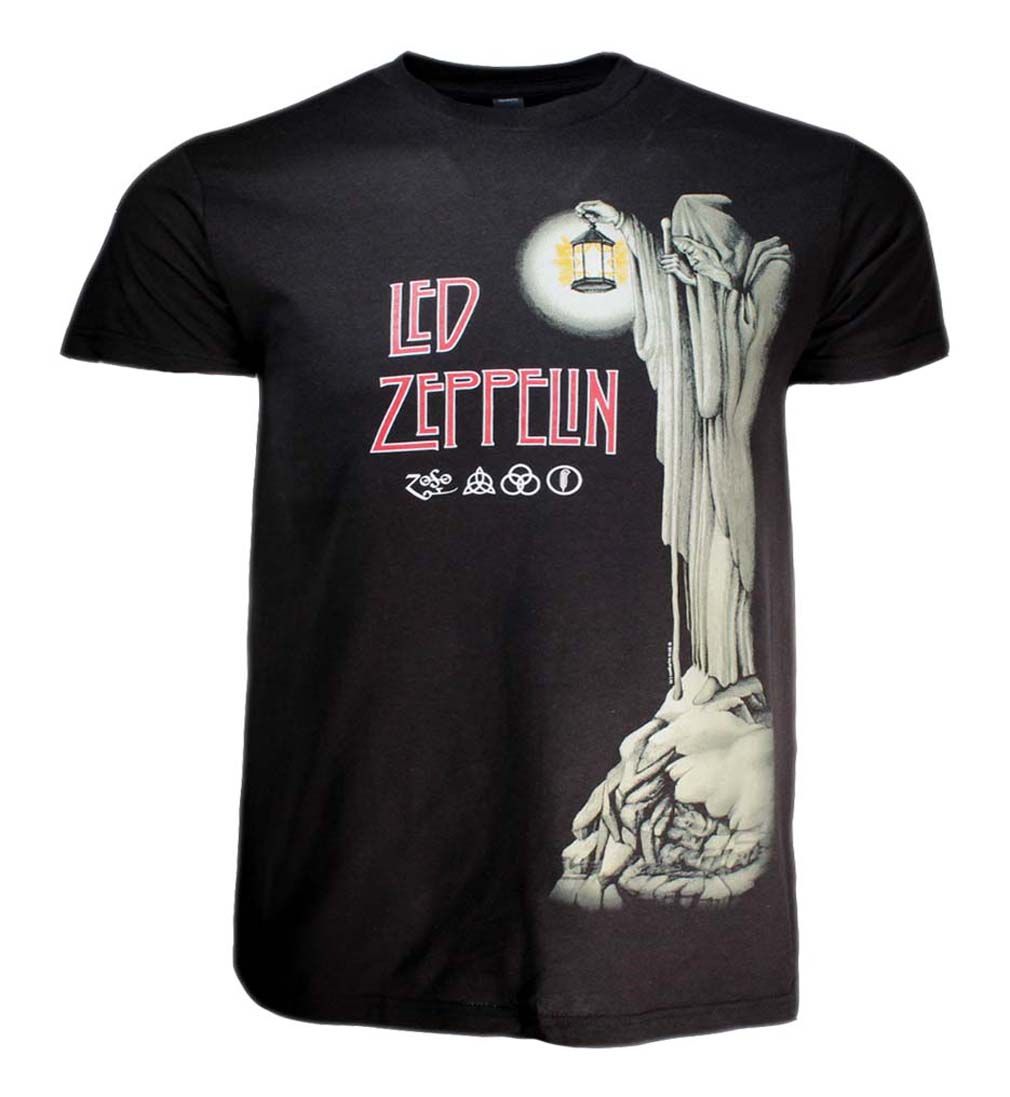











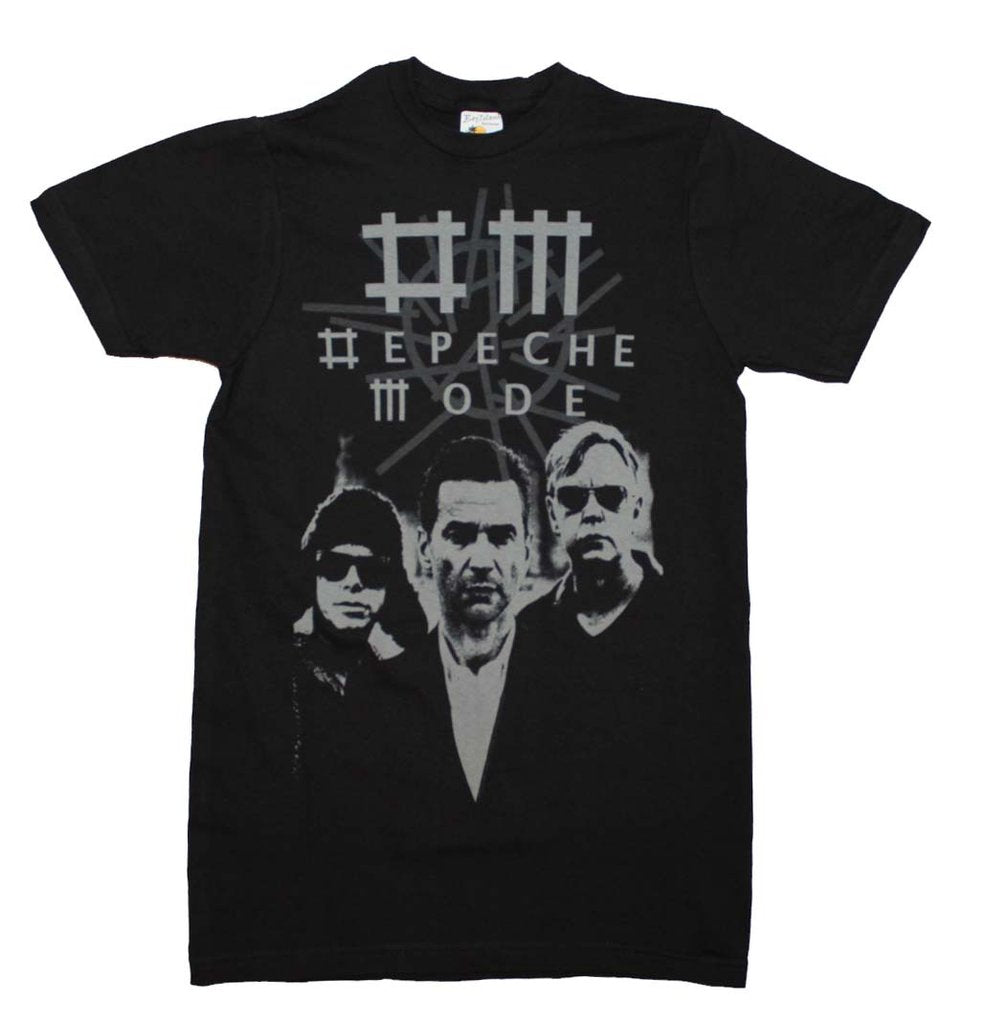

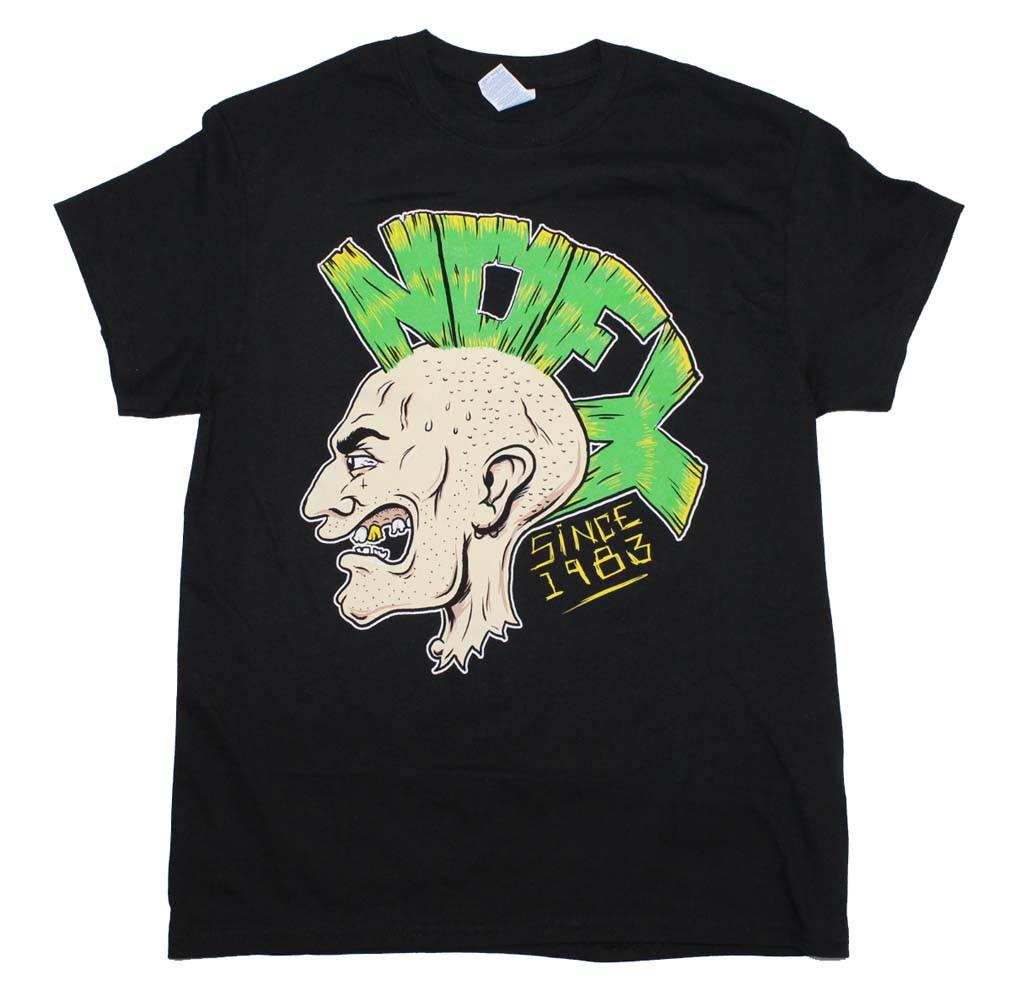
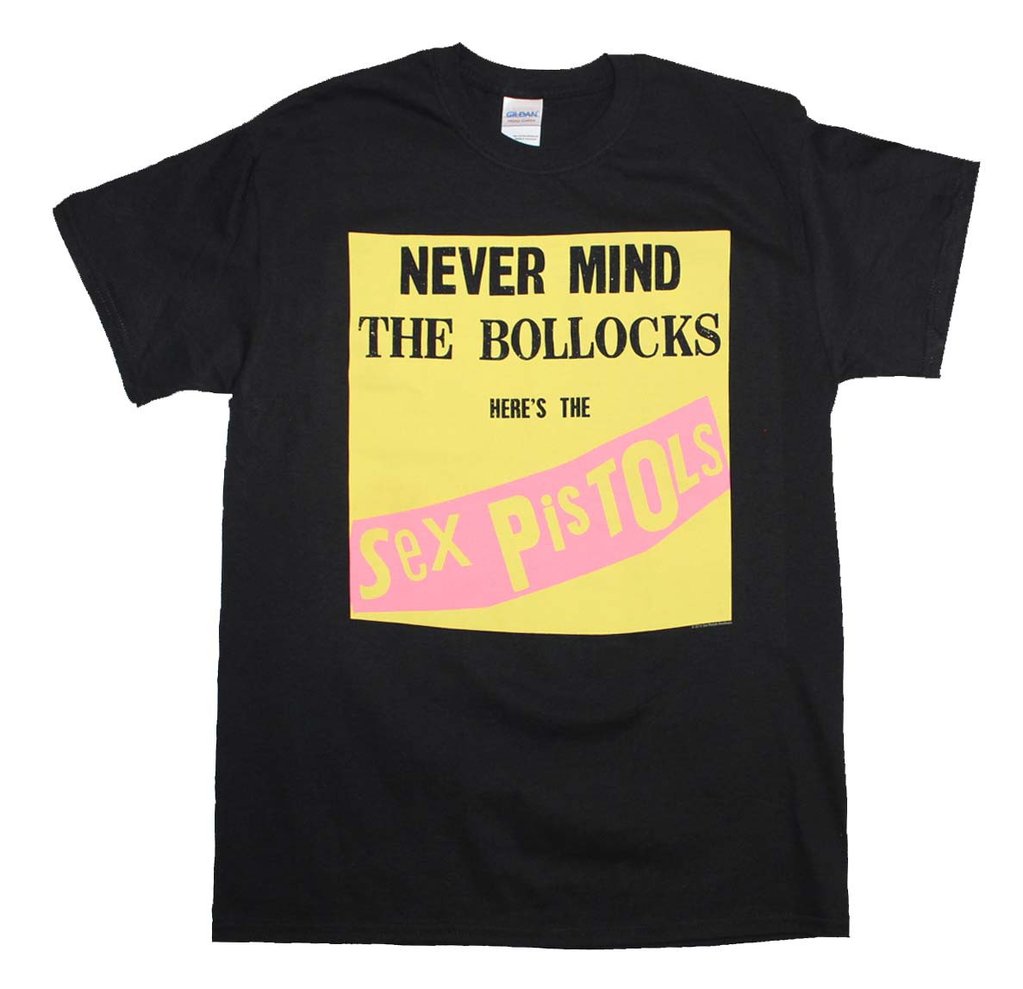
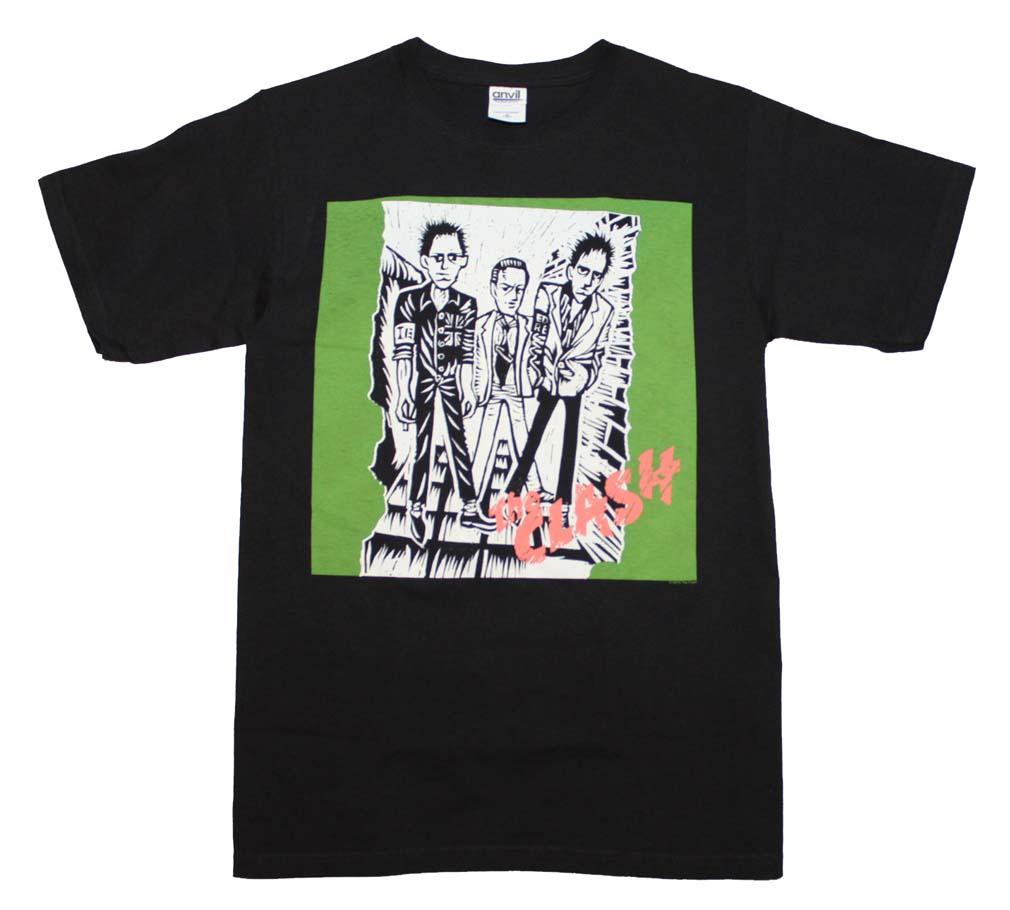




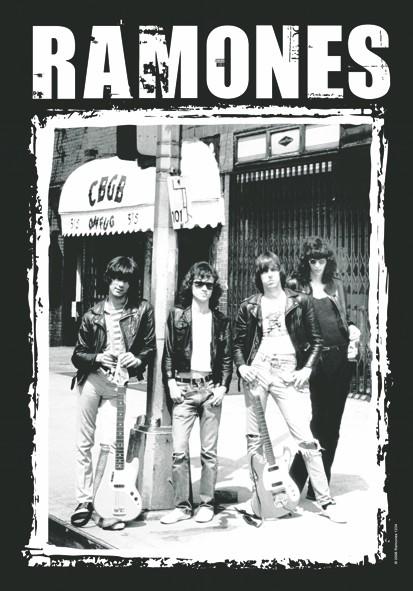
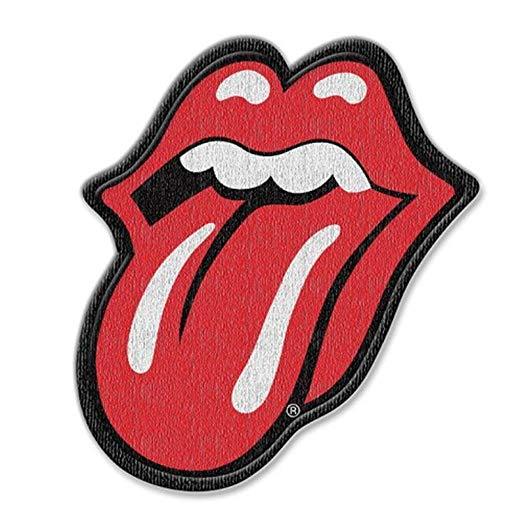

Comments
0 comments